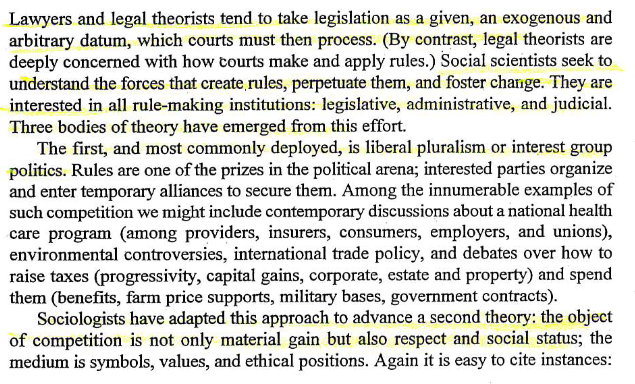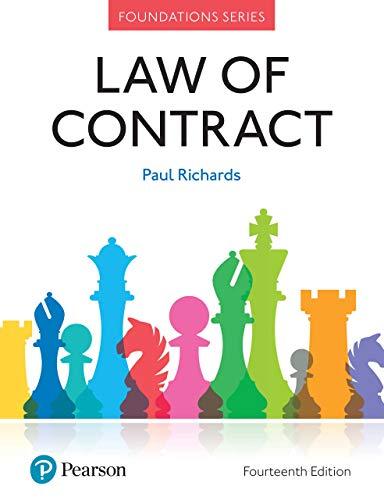Question
Franz Kafka's parable Before the Law tells of the man from the country and his interactions with the doorkeeper. Kafka's message includes the idea that
Franz Kafka's parable Before the Law tells of the man from the country and his interactions with the doorkeeper. Kafka's message includes the idea that laws are kept by a small group of nobles who rule us. Kafka critiques the idea that law is respected simply because it is the law. Before we can analyze Kafka's message, we must determine one thing: what is law? Using the works of Abel and Turk, explain how the law is designed to regulate social conduct. BE DETAILED PLEASE
Kafka's parable link: https://www.kafka-online.info/before-the-law.html
Summary of Turk:
The effort to develop an adequate conception of law must begin by recognizing the centrality of diversity and conflict in social life wherever law?provisionally understood as the process of formally articulating normative expectations?is discernible. As law becomes available, it becomes relevant as a contingency which must be met. It then becomes necessary to act so as to gain or increase control of legal resources, if only to neutralize them as weaponry an opponent might employ. Legal concepts and thought-ways develop in the course of pragmatic efforts by men to comprehend problems of social interaction so as to manage them?including the problematics of dominating the lives of other people. People's life chances are affected just as decisively by how much their economic power is enhanced or eroded by law. Legal decisions may prematurely signal the end of conflicts without actually resolving them.
A part of Abel's passage is attached

Step by Step Solution
There are 3 Steps involved in it
Step: 1

Get Instant Access to Expert-Tailored Solutions
See step-by-step solutions with expert insights and AI powered tools for academic success
Step: 2

Step: 3

Ace Your Homework with AI
Get the answers you need in no time with our AI-driven, step-by-step assistance
Get Started


